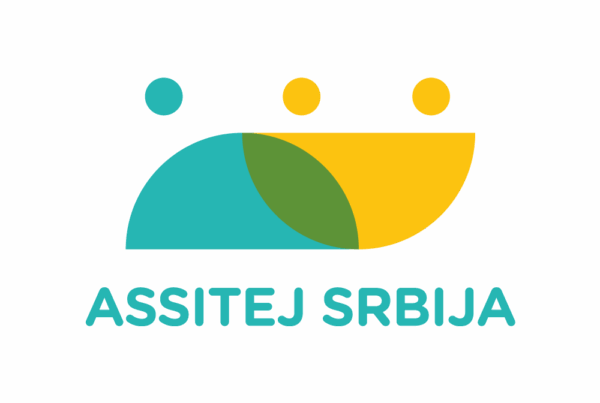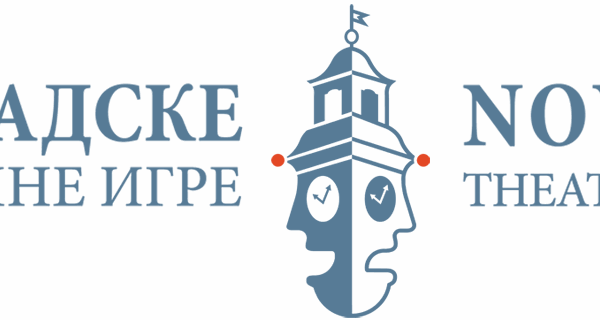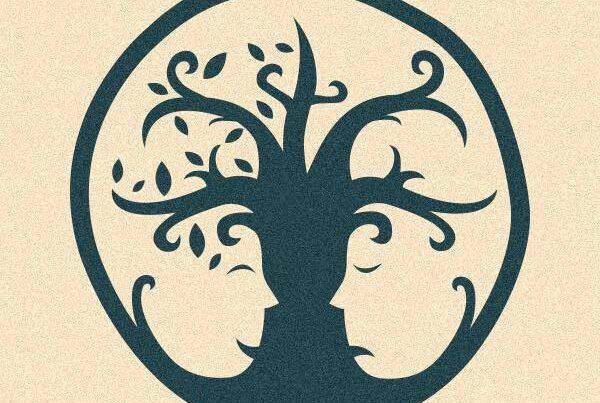“At the end of the road –a road sign”
by Diana Kržani? Tepavac
Every autumn, the artists, theatre makers and various audiences eagerly await for the Belgrade International Theatre Festival that takes place in the second half of September. For those who are not yet acquainted with this festival, Bitef was founded in 1967 and since then it is continually following and supporting the latest theatre trends as one of the biggest and most important European festivals that has managed to keep its pace with a tumultuous evolution of performing arts. As the festival of ‘New Theatrical Tendencies’, Bitef has been recognising and introducing world-renowned theatre authors and their poetics which influenced many generations of artists in the region and wider, encouraging them to explore and challenge the established image of theatre and its effect on society. As of 2000, Bitef Poliphony was established as Bitef’s side program dedicated to exploring new tendencies in the field of theatre for children and youth.
is year’s 49th Bitef was a turbulent and a poignant one, and not solely due to the performances that it gathered in Belgrade. It was our first Bitef without Jovan ?irilov, one of its founders and its artistic director who passed away last year. A Bitef dedicated to the memory of Jovan ?irilov – a teatrologist, theatre expert, philosopher, writer, poet, and a significant contributor to Serbian culture. ?irilov was the creator of the concept of this festival and the persistent defender of many new and experimental theatrical and performative work, which he skilfully selected and brought to the festival, thereby provoking fierce reactions and often resentment among conventional and traditionalist-minded majority of the audience. However, that same audience grew with time to accept and understand, if not even love, these innovations that the contemporary theatre tumultuously brought over the last 5 decades. In his honour, the Special award for outstanding/exceptional contribution to the theatre art in terms of genre, style or means of expression, was given the name of Jovan ?irilov.
Jovan ?irilov had the vision and courage to support a program which announced a new and different function of theatre in society, and that was Bitef Polyphony. The concept of Bitef Polyphony was created by Ljubica Beljanski Risti? in the frame of the 37th Bitef, with a focus on artist’s role in work with young people in times of crisis and war. Since then, Bitef Polyphony became a powerful reflection of the most pressing issues in society through the prism of youth and therefore justifying the festival’s subtitle of New Theatrical Tendencies. In its search for answers to the pressing social and political issues, especially those related to education and culture for new generations, Polyphony relied on the current practices that have emerged in the border area of ??education, activism and art. Furthermore, Poliphony endeavoured to surpass the exclusiveness of national borders and to include the examples of practices in the field from the whole region of the Western Balkans. In this way it created strong ties through several generations of artists and theatre makers, which continued to discuss, to share their views of this cultural area and to seek common points of shared and specific needs.
This year, the new editors of 16th Bitef Poliphony program entitled “At the end of the road –a road sign”, Sanja Krsmanovi? Tasi? and Irena Risti?, created the program in two segments: first one consisting of theatre plays, workshops and discussions with the audience, which followed each performance, and the second one consisting of a three-day symposium. As another novelty, a new event in the frame of Poliphony was established from this year – “an acknowledgment for the wholesome polyphonic approach” that was awarded to the dramaturg, director and drama educator Milena Minja Bogavac. Finally, another novelty in this year’s Bitef Polyphony was participating in ASSITEJ Next Generation Placement programme with engagement of ASSITEJ Srbija, which opened a spot for Social media manager. This enabled young drama writer and theatre pedagogue from Croatia, Nina Horvat to participate in all events and to contribute to media team with her fresh perception , personal curiosity and knowledge in the field.
The 12 theatre performances focused on the current pressing issues in our society, such as the problems of youth living in multi-ethnic areas of Serbia and manipulations which lead to ethnic intolerance; the question of missing persons in recent history and its effect on collective subconscious, present and future; contemporary interpretation of the memories of the WW2 and its effects on Belgrade, Serbia and former Yugoslavia; respect for otherness and painful growing up in a disrupted system of values; misogyny, violence and status of women in Serbia; as well as the position of artist – dancer and de-mystifying of contemporary dance. The workshops on the other hand focused on the topics such as how to make positive changes in the education system using drama methods, why theatre in education is in crisis, as well as the position of community theatre within the system. For more detailed summary of the program of Bitef Poliphony, visit the webpage: http://festival.Bitef.rs/2015/09/03/Bitef-poliphony/.
As the second segment of the program, the International symposium Theatre within the Context… and Not Just Theatre was dedicated to analysis, contextualization and critical interpretation of contemporary theories and performing practices, as well as to understanding of principles, mechanisms and value system uniting different forms of their implementation. Its main aim was to offer a platform for exchanging views about the multiple opportunities of the contemporary theatrical theories, methods and techniques, both in education and in programs of psychosocial support in the work with sensitive groups, as well as within other practices directed at social change and community culture development. Through several dialogue sections, it covered a variety of topics such as drama in education, community theatre, the principles of participation in the work with vulnerable groups, political performative practices, etc. (for more details, visit: https://pozoristeukontekstu.wordpress.com/program-2/).
Bitef has always presented an open space, which connected various types and forms of theatre. In that manner, Baby drama of the famous Suzanne Osten found its place in the main programme of the 42nd Bitef, in a rare occasion when it was presented outside Sweden. In a similar manner, this year’s Bitef granted a spot in the main program for the ‘adult’ audience to a Croatian performance entitled We are kings, not humans which uses the language of pre-school and school children as well as children’s taught on various topics. And it was this particular performance, the one blurring the line between the ‘adult’ and ‘children’s’ theatre that was awarded with the Special award Jovan ?irilov. The acknowledged and respected theatre artists in the jury stated that, among other qualities, the award was given to this performance “for a precise and sensitive approach towards both adult and young audience” as well as “for non-patronizing relation to children, for lacking the moralizing aspect, for ambiguity and for avoiding simple answers to the complicated questions of humanity and actuality”. With this act, Bitef once again proves to be a great festival, a festival fostering uniqueness, a festival transcending the real and imagined borders, overcoming the divisions in theatre and life, and valorising the best of theatre practice, in all of its various forms and fields.





